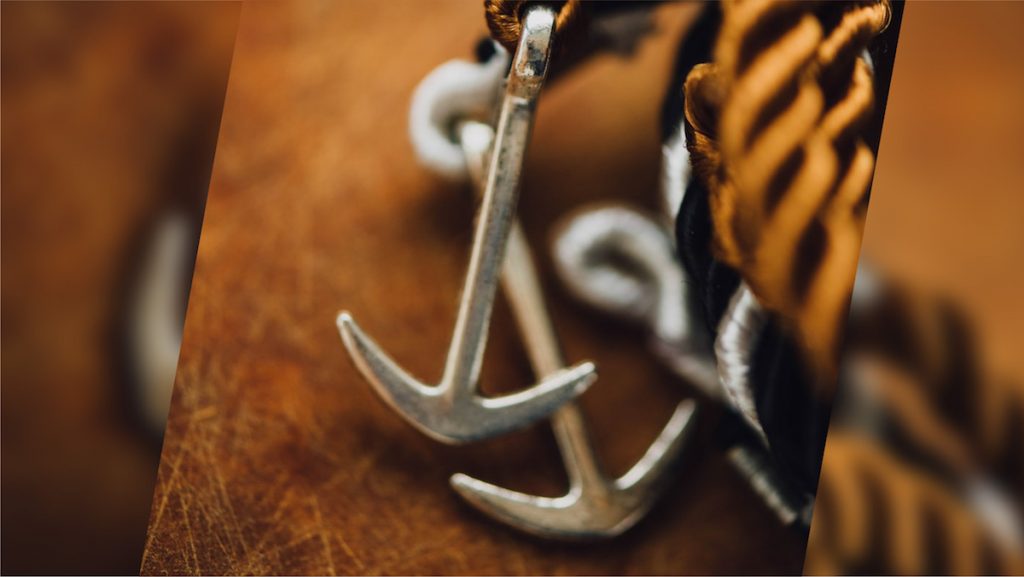“How can I” and “I will not” | Hosea

By Rev. Jeremiah Cheung
From Hosea Chapter 11:8-12
11:8 “How can I give you up, Ephraim? How can I hand you over, Israel? How can I treat you like Admah? How can I make you like Zeboyim? My heart is changed within me; all my compassion is aroused. 9I will not carry out my fierce anger, nor will I devastate Ephraim again. For I am God, and not a man— the Holy One among you. I will not come against their cities. 10They will follow the Lord; he will roar like a lion. When he roars, his children will come trembling from the west. 11They will come from Egypt, trembling like sparrows, from Assyria, fluttering like doves. I will settle them in their homes,” declares the Lord. 12Ephraim has surrounded me with lies, Israel with deceit. And Judah is unruly against God, even against the faithful Holy One.
If you read this passage carefully, you will find that God speaks seemingly in two contradictory tones.
God asks, “How can I? How can I? How can I?”
In Hebrew texts, the superlative form is expressed by repeating an adjective three times; for example, the phrase “holy, holy, holy” means “most holy.” In this passage, God asks himself three times, “How can I?”
The Israelites have sinned time and time again. When they forsook God, they should have been punished by God. But God asked himself, “How can I do this to them?” God seems to be telling us that He can’t bear to use such a heavy hand to punish the rebellious Israelites. God was moved to compassion and wanted to show them mercy.
God says, “I will not. I will not. I will not.”
Hosea 11:9 says, “I will not carry out my fierce anger, nor will I devastate Ephraim again. For I am God, and not a man— the Holy One among you. I will not come against their cities.”
What did the Lord mean when He said ‘I am God and not a man’? Man repays evil with evil. If you are not good to me, I will not be good to you; this is human nature. But God said, “I am God, and not a man.” He overcomes evil with good. Thus, three times He says, “I will not.” In Hosea 11:9, we see: “I will not carry out my fierce anger, nor will I devastate Ephraim again. For I am God, and not a man— the Holy One among you. I will not come against their cities.”
Once more, God is calling out to Israel with love.
He wants to call His people back from all parts of the world so that they may settle in their own houses. This reminds us of how God restored Israel. The Lord never gave up on His people. His mercy and love are higher than the heavens and deeper than the sea. Again and again, we have disappointed Him. We are a people who have turned away from Him and for this, we deserve condemnation.
Let us ask the Lord for his mercy. Let us pursue holiness. Let us free ourselves from the pursuit of lowly things and consecrate ourselves to serve the Lord. May we not take God’s grace as an opportunity to indulge in worldly passions. Let us recall God’s great love. Our great God who said to himself: “How can I, how can I, how can I” also said: “I will not, I will not, I will not.” How long will we continue hardening our hearts?
Previous post: Love’s Call and Response | Next post: Feeding on and Pursuing the Wind
我怎能 、我必不 | 何西亞書
張國強牧師
何西亞書 11:8-12
11:8 以法蓮哪, 我怎能捨棄你? 以色列阿, 我怎能棄絕你? 我怎能使你如押瑪? 怎能使你如洗扁? 我回心轉意, 我的憐愛大大發動。9我必不發猛烈的怒氣, 也不再毀滅以法蓮, 因我是神, 並非世人, 是你們中間的聖者, 我必不在怒中臨到你們。10耶和華必如獅子吼叫, 子民必跟隨他, 他一吼叫, 他們就從西方急速而來。11他們必如雀鳥從埃及急速而來, 又如鴿子從亞述地來到, 我必使他們住自己的房屋, 這是耶和華說的。12以法蓮用謊話, 以色列家用詭計圍繞我, 猶大卻靠神掌權, 向聖者有忠心。
如果你很仔細來讀這段經文, 你會發現神發出二種非常矛盾的聲音。
神說: 我怎能? 我怎能? 我怎能?
講三次, 在希伯來的文法裡, 如果連講三次是代表最高的表達, 好像聖哉, 聖哉, 聖哉一樣, 代表最聖潔。 神在這裡問自己, 我怎能? 以色列人一次又一次的犯罪, 離棄了神, 他們本來就應該受神的刑罰, 但神卻又問自己我怎能這樣對他們呢?神好像在告訴我們, 祂不忍這麼下重手來刑罰這上叛逆的以色列人。神的慈愛發動了, 祂要憐愛他們。
神說:我必不,我必不,我必不
11:9 我必不發猛烈的怒氣, 也不再毀滅以法蓮, 因我是神, 並非世人, 是你們中間的聖者, 我必不在怒中臨到你們。因我是神, 並非世人這是什麼意思呢? 人都會以惡報惡的, 你對我不好, 我不是對你好的, 這是人性, 但神卻說: 我是神, 並非世人, 祂要以善勝過惡。所以祂又三次說: 我必不。11:9 我必不發猛烈的怒氣, 也不再毀滅以法蓮, 因我是神, 並非世人, 是你們中間的聖者, 我必不在怒中臨到你們。
神又發出愛的呼召
祂要將祂的百姓從各地各方召回來, 使他們有了他們自己的房屋; 這讓我們回想神怎樣使以色列復國的事, 神從他不會放棄屬祂的人, 祂的憐憫, 祂的慈愛真是比天還要高, 比海還要深。我們一次又一次做祂失望, 我們這些背叛的真是該死的人, 求主憐憫我們, 要追求聖潔, 要脫離卑賤的事, 成為聖潔, 合乎主用。不要以神的恩為放縱情欲的機會, 要回想神的愛, 這位偉大的神, 竟然自言自語說: 我怎能, 我怎能, 我怎能; 又說: 我必不, 我必不, 我必不。 我們還要硬著心到什麼時候呢?
